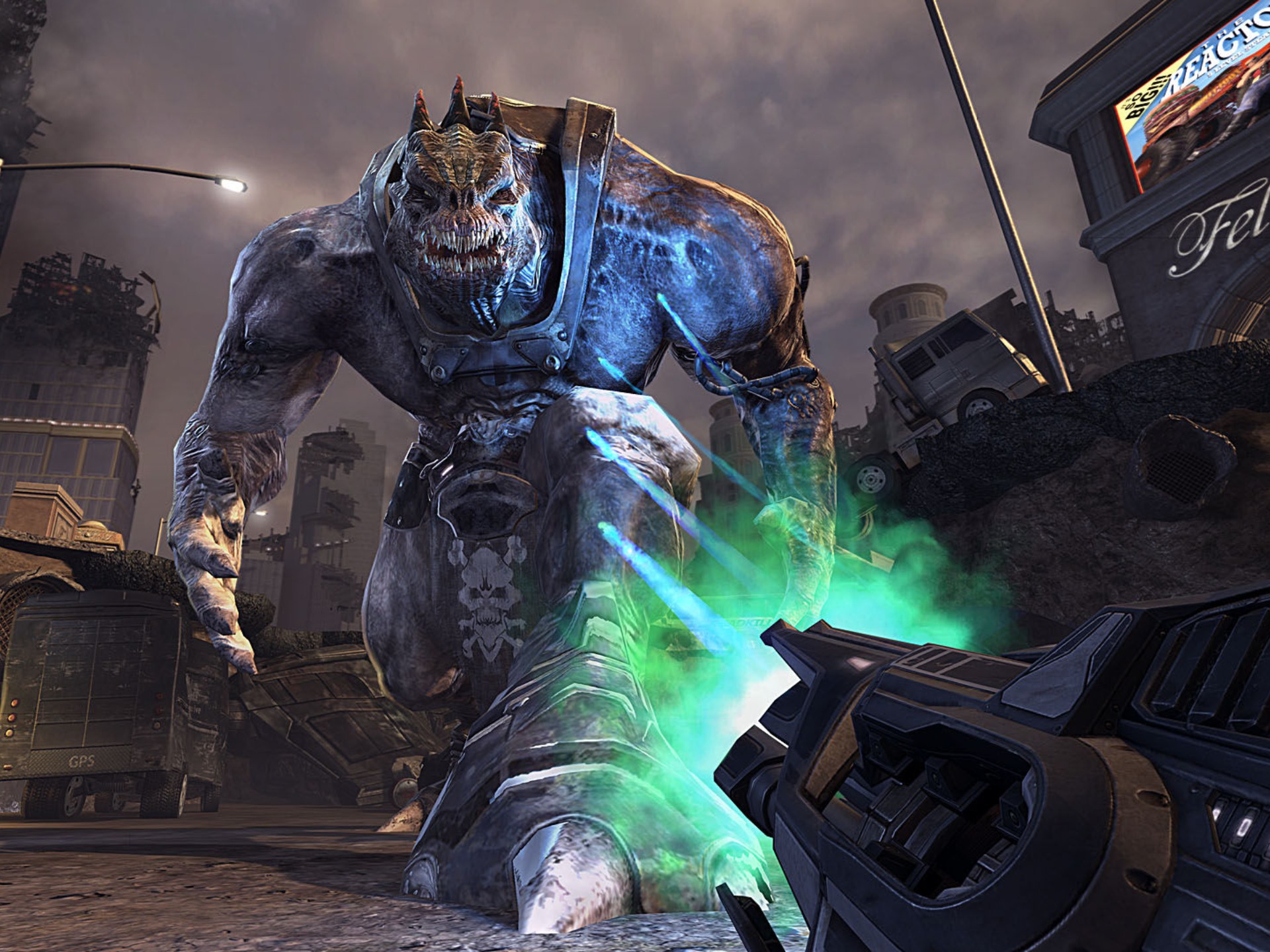Companion Loyalty: How Does It Affect Gameplay?
Introduction
In many video games, companions—whether AI-controlled allies, pets, or NPCs (non-player characters)—play a crucial role in shaping the player’s experience. Their loyalty, behavior, and interactions can significantly influence gameplay mechanics, storytelling, and emotional engagement. But how exactly does companion loyalty affect gameplay? Does it enhance immersion, alter difficulty, or even change narrative outcomes? This article explores the impact of companion loyalty in gaming, analyzing its effects on strategy, player attachment, and overall game design.
1. The Role of Companions in Video Games
Companions serve multiple purposes in games:
- Combat Support: Many games feature companions who assist in battles, providing healing, buffs, or additional damage.
- Storytelling: Companions often contribute to the narrative, offering dialogue, quests, and world-building.
- Emotional Engagement: Players may form attachments to companions, influencing their decisions and playstyle.
Games like The Elder Scrolls V: Skyrim, Mass Effect, and The Last of Us showcase how companions can shape gameplay in different ways.
2. Defining Companion Loyalty
Loyalty in companions refers to their reliability, responsiveness, and emotional bond with the player. Factors influencing loyalty include:
- Player Choices: Dialogue options, quest decisions, and moral alignment can affect a companion’s loyalty.
- Game Mechanics: Some games feature loyalty meters (e.g., Dragon Age, Mass Effect) that determine a companion’s behavior.
- AI Behavior: A loyal companion may fight more effectively, disobey less, or even sacrifice themselves for the player.
3. How Loyalty Affects Gameplay
A. Combat Performance
A loyal companion is often more effective in battle. For example:
- In Mass Effect 2, if a companion’s loyalty is low, they may perform poorly or even betray the player.
- In Fallout 4, companions with high affinity unlock special perks that aid the player.
Loyalty can mean the difference between victory and defeat in challenging encounters.
B. Narrative Consequences
Loyal companions may unlock unique storylines or endings:
- In Dragon Age: Origins, romancing a companion can lead to different endings.
- In The Witcher 3, choices affecting companions like Ciri or Triss alter the game’s conclusion.
C. Emotional Impact
Players often grow attached to loyal companions, making their potential loss more impactful:
- The Last of Us makes players care deeply about Ellie, affecting how they approach combat and exploration.
- Red Dead Redemption 2’s Arthur Morgan and his horse create emotional bonds that influence player decisions.
D. Strategic Depth
Loyalty systems add layers of strategy:
- Players may prioritize certain companions based on their loyalty bonuses.
- Some games punish players for neglecting companions, leading to abandonment or betrayal.
4. Examples of Loyalty Mechanics in Games
| Game | Loyalty System | Impact on Gameplay |
|---|---|---|
| Mass Effect 2 | Loyalty missions determine survival in the final mission | Affects squad morale and ending |
| Dragon Age: Inquisition | Approval ratings influence companion behavior | Unlocks special dialogue and quests |
| Stardew Valley | Friendship levels with NPCs unlock perks and events | Enhances farming efficiency and storylines |
| Fable III | Companion loyalty affects kingdom management | Influences political outcomes |
5. Potential Downsides of Companion Loyalty Systems
While loyalty mechanics enhance immersion, they can also introduce frustrations:
- Artificial Difficulty: Some games make companions weaker if loyalty is low, forcing players to grind interactions.
- Limited Freedom: Players may feel pressured to make choices that please companions rather than following their own preferences.
- Predictability: Overused loyalty tropes (e.g., betrayal arcs) can become clichéd.
6. The Future of Companion Loyalty in Games
As AI improves, companion loyalty could become even more dynamic:
- Procedural Storytelling: AI-driven companions might react uniquely to player behavior.
- Emotional AI: Companions could simulate deeper emotional bonds, adapting to player personality.
- VR/AR Integration: Virtual companions in VR games may feel more "real," increasing emotional stakes.
Conclusion
Companion loyalty is more than just a gameplay mechanic—it shapes player experiences, storytelling, and emotional investment. Whether through combat efficiency, narrative depth, or personal attachment, loyal companions enhance immersion and replayability. As game design evolves, we can expect even more sophisticated loyalty systems that blur the line between virtual and real relationships.
For players, understanding companion loyalty means making more informed choices. For developers, it’s an opportunity to craft richer, more engaging worlds.
Final Thought: Would you sacrifice a loyal companion for a better ending? The choice is yours—and that’s what makes gaming unforgettable.
Tags: #Gaming #CompanionLoyalty #GameDesign #NPCs #VideoGames #AICompanions #Storytelling #PlayerChoice



















